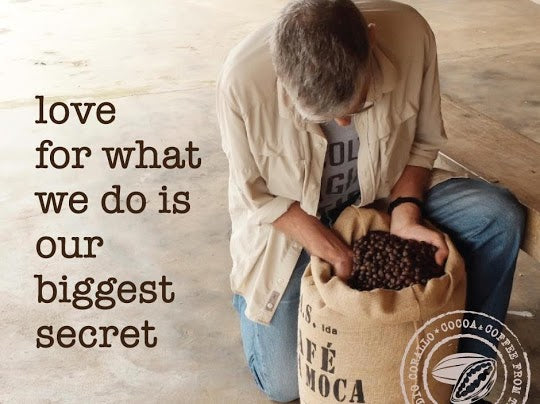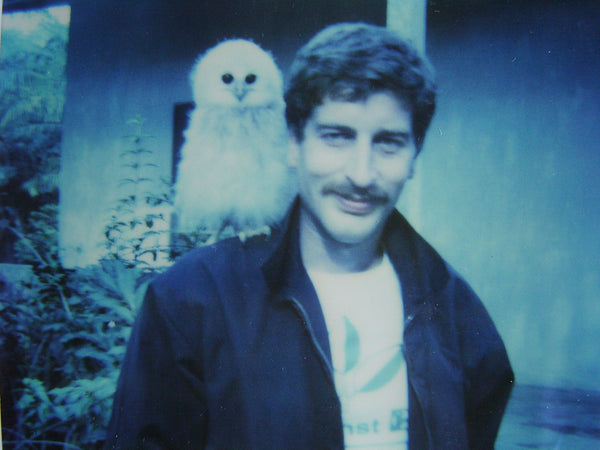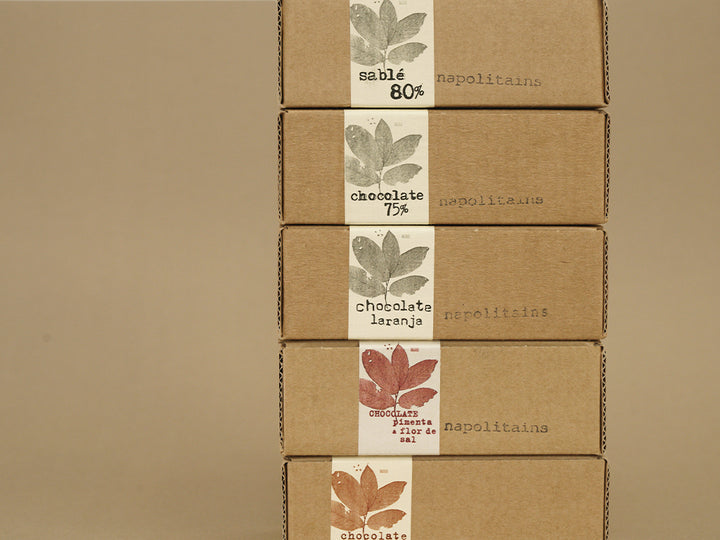
 Jardin de Yoki-Elolou
Jardin de Yoki-Elolou
My two plantations, Yoki Elolou and Lomani, were located in the heart of the country, close to the Equator, 1,600 km of rivers, in the capital. Extending about 15 km2, far from civilization and accessible only by boat, nature there abounded with animals. Families lived by hunting, fishing and small-scale agriculture, drawing from the forest everything they needed.
At that time, the Zairian forest was home to a diverse wildlife and local culture. Owls enjoyed special status, considered companions, doctors and sorcerers.
One day in 1985, our team of sawyers had left to go to the forest. Cutting trees for wood is a demanding physical job, requiring great finesse and precision. Sometimes in the tree felled there were birds’ nests. The poor creatures were usually caught, and often ended up in the pot. But that day was different.

Scieurs de long près de Yoki-Elolou
Upon their return, the sawyers brought with them a little white ball of feathers, barely 12cm tall and light as a snowflake. Knowing my love for animals, many of which I had already treated in the past, they had decided to give me the bird, probably too small to be considered a serious candidate for a meal. It was a tiny owl, and his hooked nose reminded me of the face of a dear friend. So I named it Albertino.
Never having had the indiscretion to look up her feather’s dress to see if it was a boy or a girl, Albertino had to accept the name. From the start he showed great confidence in me, even a need to be tamed and he adopted me instantly. It was the beginning of a long and amazing friendship. He followed me everywhere and slept at home. He had total freedom; he could come and go as he wished.
When he was little, he was especially funny to watch. At first, with plumage of a bird but unable to fly, he was on foot. Sitting, he looked like a tiny white shell. But when he got up, two surprisingly long yellow legs came out of his sleeping bag, and guided him as he walked, only to land a few steps further and then become apparently motionless.
 Albertino in the house of Yoki-Elolou
Albertino in the house of Yoki-ElolouI liked to watch, fascinated by how quietly he sat. Being fed with small prey, he was growing rapidly. He accompanied me everywhere and quickly adapted to the short string I attached to one of his paws in our travels by canoe, so he would not fall into the water. This string seemed to please him, I think he drew some pride. Sometimes he looked at his leg, and as if there was nothing there and he proudly resumed his impassive stance, yet nothing escaped him.
Growing up, he began to make real teenage whims for us, including fugues. First he disappeared a few days, then returned by landing on my shoulder, rubbing his head against my cheek as we greeted a friend returning from a trip.
Later, he started disappearing more, sometimes up to several months, but he always ended up back and resumed his domestic habits. He then divided his life between two houses, forest and home.
 House Lomani, Albertino in direct communication with Kinshasa
House Lomani, Albertino in direct communication with KinshasaI suspect he started a family, but his presentations have never been made, I can not say for sure. That said, I had observed many times that he was accompanied by another owl, which however was always away from home, without coming closer. She watched Albertino when he ventured out of the home. These habits seemed strange in many respects.
Once grown, Albertino did not need me to feed him. His disinterested friendship was then my great happiness. With him I lived unforgettable moments, like this story with Maurizio. But this one, I would tell you again next time. ###
- Birte Jantzen is a journalist and wine expert based in Paris, great traveler and lover of chocolate since her childhood. She came to visit us, and during her stay we not only distilled together, but also shared some of my Zaire stories in the evening with dinner around the fire.



Comments (0)
Back to Blog